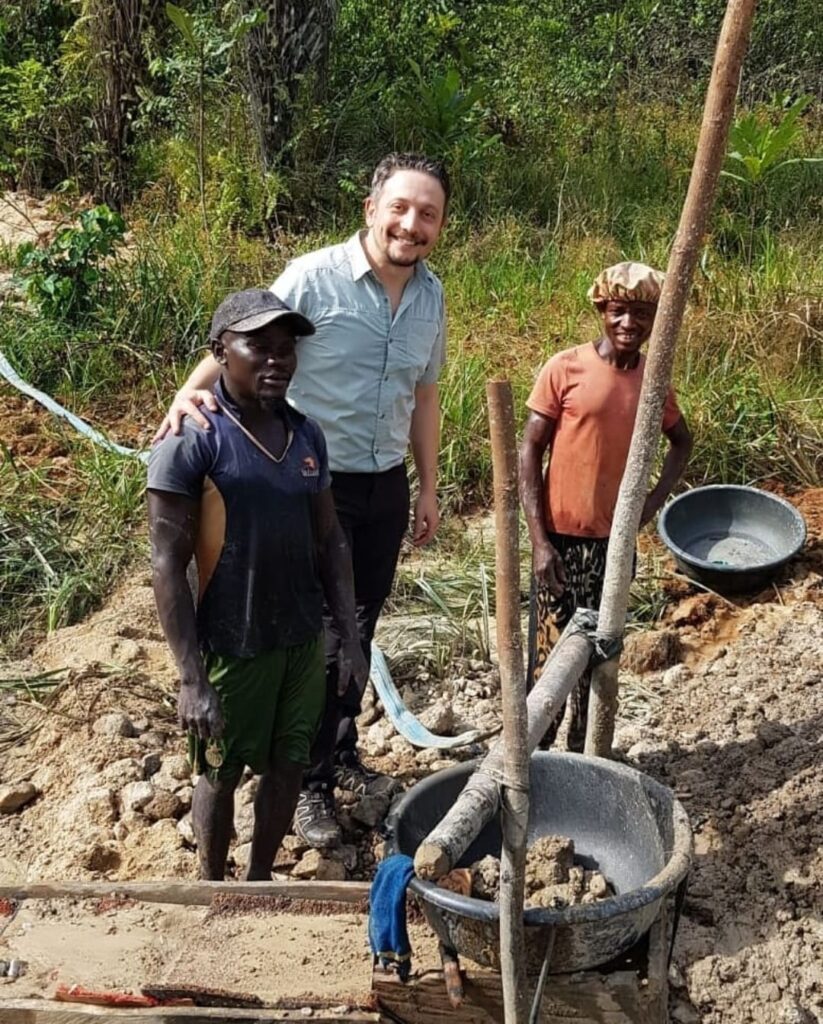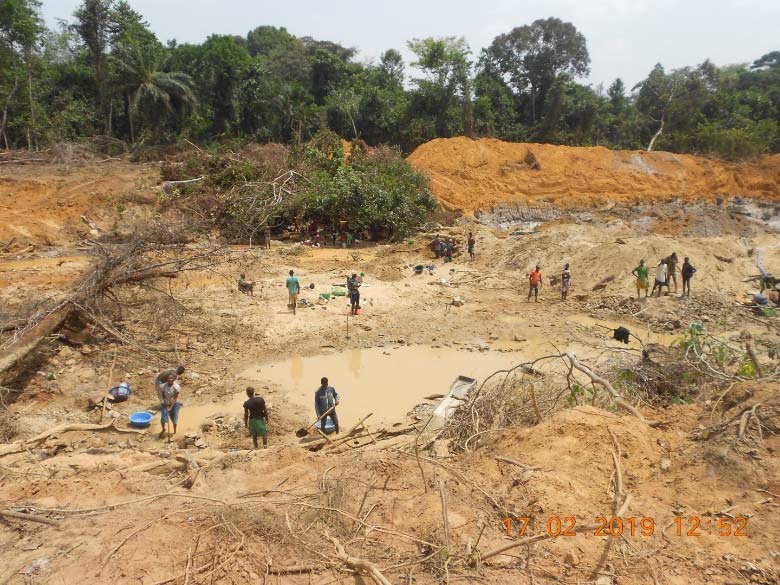In regions with active Artisanal and Small-Scale Mining (ASM), ESG risks don’t wait for the construction phase—they begin the moment a company steps in to explore. Yet many mining and energy developers delay social due diligence until permits are in hand, land is acquired, and tensions have already taken root.
This article explores why early-phase ESG assessments, particularly in ASM-dominated or post-conflict regions, are essential for responsible project development. It draws from IFC standards, your thesis findings, and real-world examples to propose how exploration teams, sponsors, and investors can identify risks early, reduce conflicts, and build a foundation for long-term ESG success.
1️⃣ The High-Stakes Landscape: Exploration in ASM Zones
ASM regions are typically:
- Poorly mapped and poorly regulated
- Populated by vulnerable informal miners who depend on land for survival
- Prone to in-migration, land speculation, and overlapping tenure claims
- Environmentally degraded, with unrecorded impacts and health risks
Early-stage exploration—even if non-intrusive—can trigger:
- Rumors about resettlement, displacement, or land takeover
- Economic anxiety among ASM workers and traders
- Conflicts between newcomers and traditional users
2️⃣ Missed Opportunity: ESG as a Retrospective Exercise
Your thesis highlights how companies often treat ESG due diligence as a compliance requirement once feasibility is complete, rather than a strategic tool during exploration. The result?
- Baseline surveys that miss key demographic shifts
- Stakeholder engagement that begins too late to build trust
- RAPs and ESMPs that are disconnected from local reality
- Investor scrutiny that emerges only after public backlash
3️⃣ IFC and EBRD Guidance: What Should Happen Early
While IFC Performance Standards don’t strictly require full RAPs at exploration, they do require:
- Identification of risks and impacts as early as possible (PS1)
- Engagement with vulnerable groups and informal actors (PS1 & PS5)
- Assessment of cumulative impacts and in-migration dynamics (PS1)
- Consideration of human rights, cultural heritage, and land-based livelihoods
That means ASM presence and potential land-use conflict should be flagged—long before drilling starts.
4️⃣ Early Action, Long-Term Advantage
A proactive ESG approach at the exploration phase helps companies:
- Avoid reputational damage from ASM evictions or harassment
- Design more effective stakeholder and land access strategies
- Reduce delays in permitting, financing, or community negotiations
- Build credibility with DFIs, ESG-focused investors, and regulators

🛠 Practical Tools You Can Use
EYG Partners offers early-phase support for exploration teams, ESG officers, and sponsors through:
- ASM-sensitive stakeholder mapping and land tenure risk analysis
- Early baseline studies that capture seasonal dynamics, ASM movement, and conflict drivers
- FPIC-aligned community engagement planning
- Scenario planning for land access and in-migration
- Investor communication support to de-risk early ESG disclosures
🤝 How EYG Partners Can Help
With over 19 years of experience in the mining and infrastructure sectors in Africa and Central Asia, EYG Partners specializes in applying ESG foresight to the exploration phase.
We work with:
- Project sponsors and operators preparing for lender engagement
- DFIs conducting ESG performance audits
- EPC contractors seeking land and stakeholder stability from day one
📩 Don’t wait until community resistance or audit flags appear. Contact us for exploration-phase ESG support that prevents conflict before it begins.

